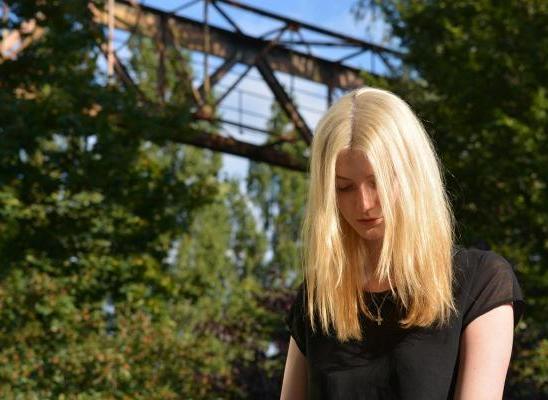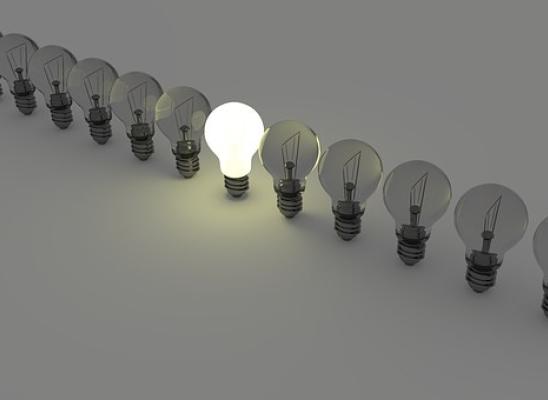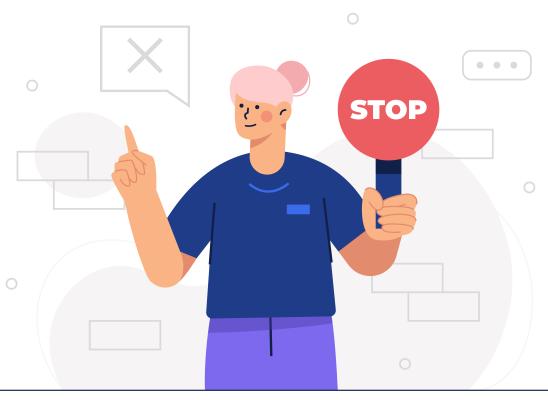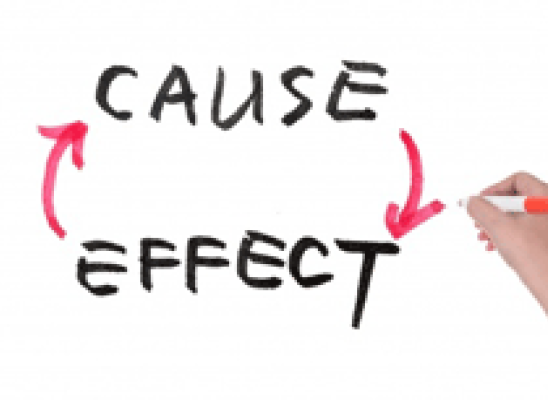The Burden of Living with Trichotillomania
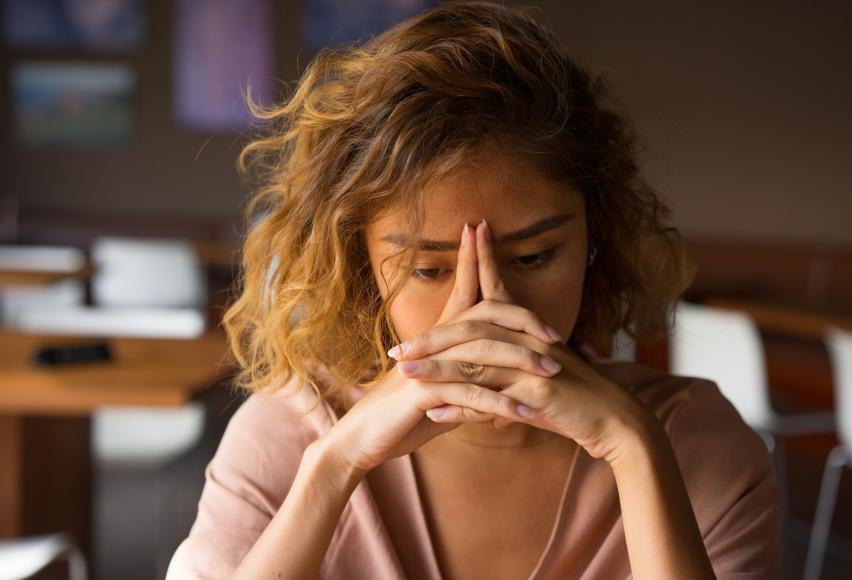
Online test
Find out the severity of your symptoms with this free online test
Trichotillomania is not a very well known condition. There are many people who habitually pull at their hair without it affecting their quality of life. However, people who suffer with trichotillomania are unable to resist the urge to pull at their hair, leading to baldness or thinning of the hair. According to the Diagnostic and Statistical Manual 5 (DSM5) the condition is characterised by feelings of shame, guilt and humiliation after the act of pulling has occurred.
Loneliness and Social Isolation
Due to the lack of awareness of the condition, trichotillomania often goes undiagnosed. People with trichotillomania often suffer alone for a long time without even knowing they have a clinically recognised condition. This contributes to feelings of loneliness, not being aware that so many others share the same daily struggles. Feeling like you are the only one leads to the individual feeling ashamed to confide in others or seek medical help, therefore suffering in silence. Constant hair pulling, whether of the scalp, the eyelashes, brows or any other bodily hair that eventually leads to balding or thinning can be a huge source of embarrassment. This may lead to the individual avoiding situations where the affected areas will be visible to others such as wet or windy conditions. Inevitably this leads to a decreased participation in social activities, further isolating the person from his/her peer group. One study which sought to clarify the nature and types of problems experienced by trichotillomania patients and its interrelatedness, found that a large number avoided public and social activities such as haircuts or sexual activities.
Negative Thoughts and Emotions
People with trichotillomania find themselves burdened with intensely negative thoughts and feelings about and toward themselves which is perpetuated in a vicious cycle with the pulling behaviour. Across the different support forums on the web the common feelings expressed are those of shame, guilt, humiliations, frustration, helplessness and embarrassment to name a few. Studies show that majority of trichotillomania patients experienced problems in relationships and these were interrelated with low self esteem, shame, feelings of unattractiveness, depressed affect, and secretiveness. There is also evidence that pulling leads to significant decreases in boredom, anxiety and tension, but conversely led to increases in guilt, sadness, and anger across time.
Increased Awareness, Increased support
With the increased knowledge and awareness of trichotillomania, more people are being diagnosed and receiving access to much needed professional support. There has also been an increasing in available resources and support for those with trichotillomania, which means that more and more trichotillomania sufferers are seeking and accessing information and support from peers and professional alike. While the negative thoughts and emotions are still present, there is a growing sense of community among people with trichotillomania who are able to empathise and provide encouragement to each other. As research and clinical knowledge improves, it is hoped that the stigma around the condition is also addressed so that people with trichotillomania will feel more able to disclose their experiences with family and friends and not suffer alone.
Online test
Find out the severity of your symptoms with this free online test
Start your journey with TrichStop
Take control of your life and find freedom from hair pulling through professional therapy and evidence-based behavioral techniques.
Start Now
